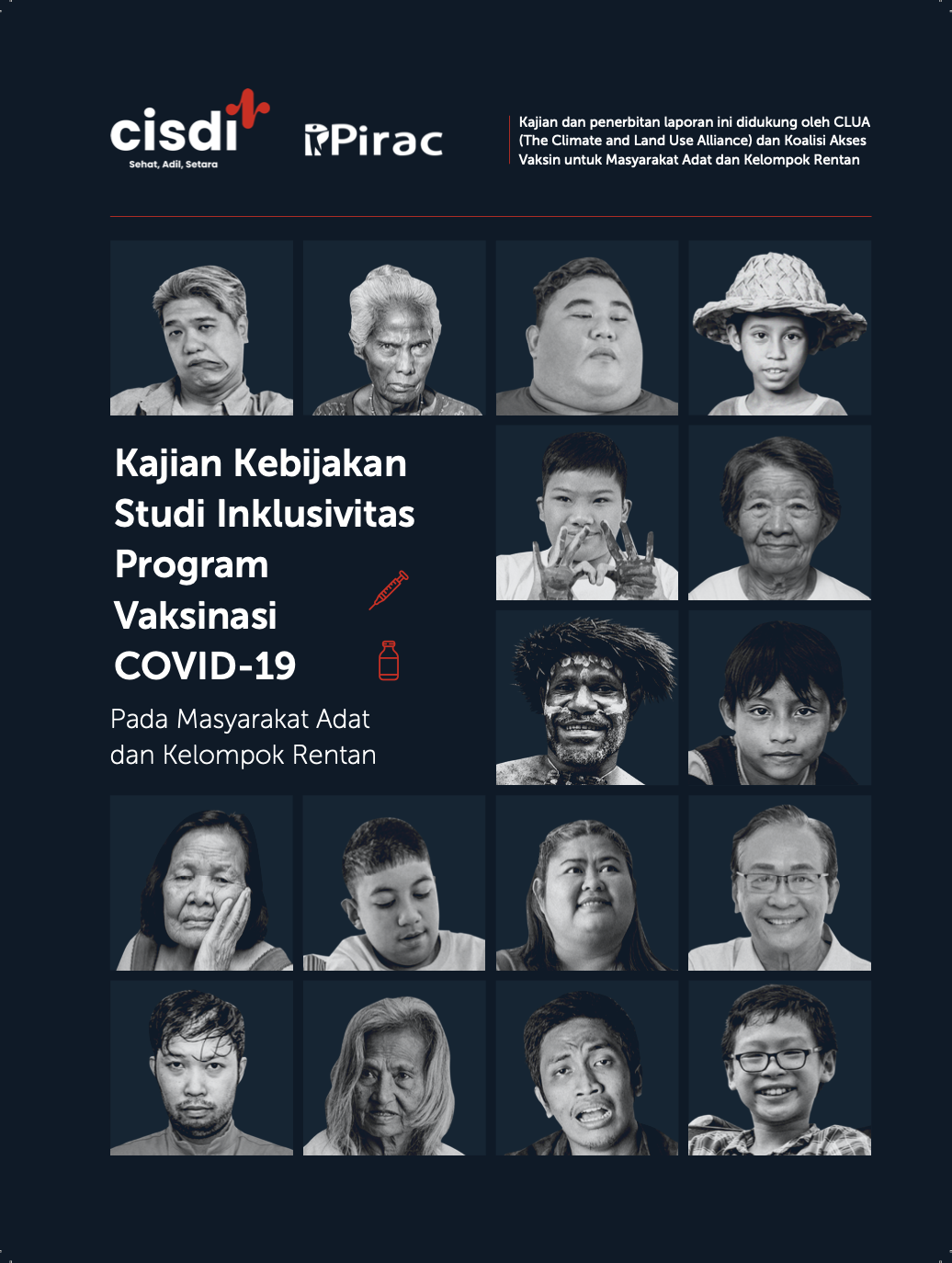The world is in the third year of the COVID-19 pandemic, a global health crisis that continues to cause loss of life and social and economic disruption. Globally, COVID-19 has claimed six million lives and the International Monetary Fund (IMF) projects the cumulative economic output loss from the pandemic through 2024 to be around US$13.8 trillion (Agarwal et al., 2022).
This study uses a mixed methods approach, namely qualitative with a case study design to enable in-depth exploration of various dimensions of the health system resilience framework for the implementation of the COVID-19 vaccination program for indigenous peoples and vulnerable groups in Indonesia; complemented by a quantitative approach in collecting budget data and analyzing it descriptively.
This study collected primary data through the interview process and Focus Group Discussions (FGDs) through the Zoom application using a semi-structured interview guide and secondary data related to the COVID-19 vaccine budget at the provincial and district/city health office levels. The data collection methods used in the research were document review, in-depth interviews and FGDs. The data collection time in this study was carried out from March to June 2023.
This research aims to (1) map the situation and challenges of implementing vaccination of vulnerable groups in Indonesia, including in terms of financing; (2) assist the Government in identifying sub-populations of vulnerable groups in the context of health emergencies in Indonesia, and (3) formulate policy recommendations in encouraging governance, financing, and implementation of COVID-19 vaccination programs that are friendly to vulnerable groups.
.png)
